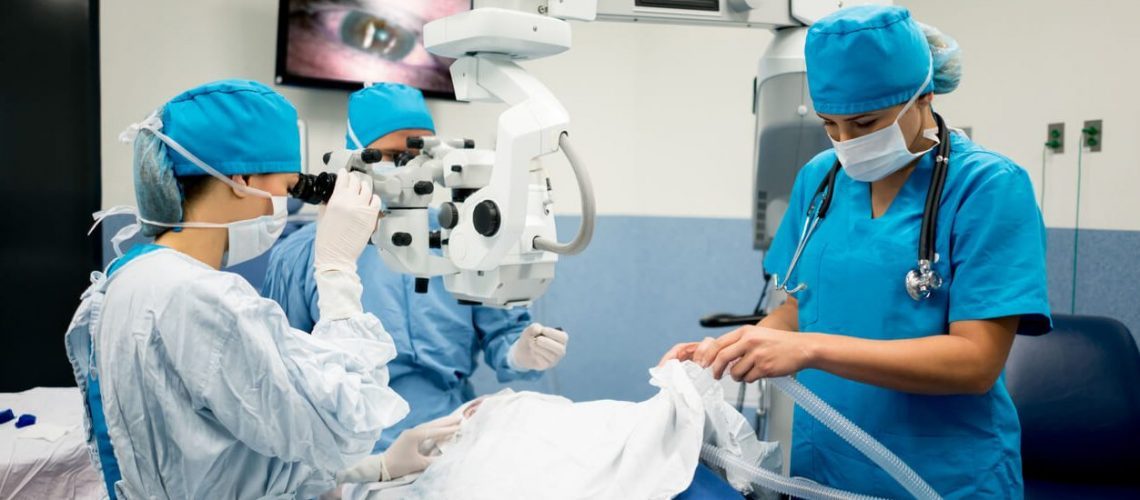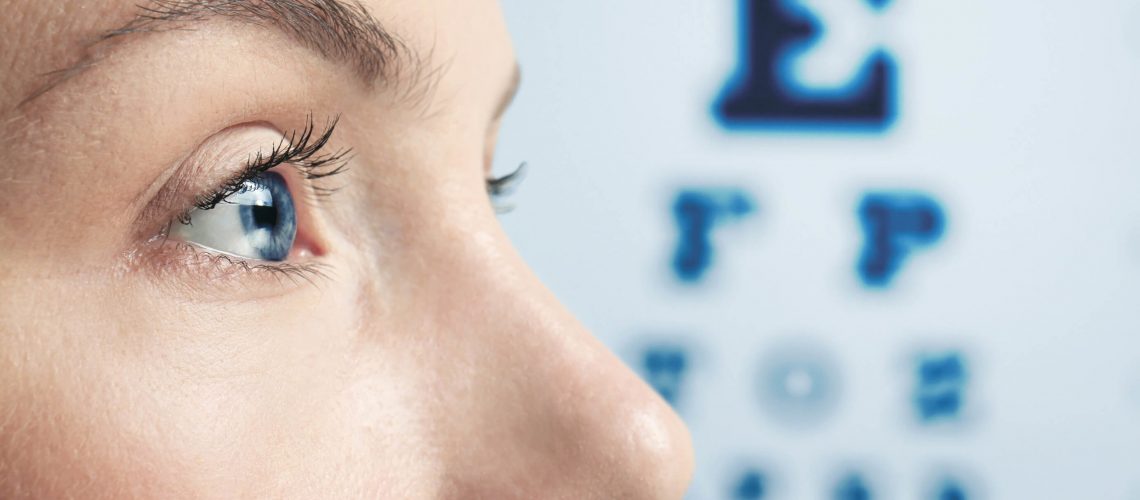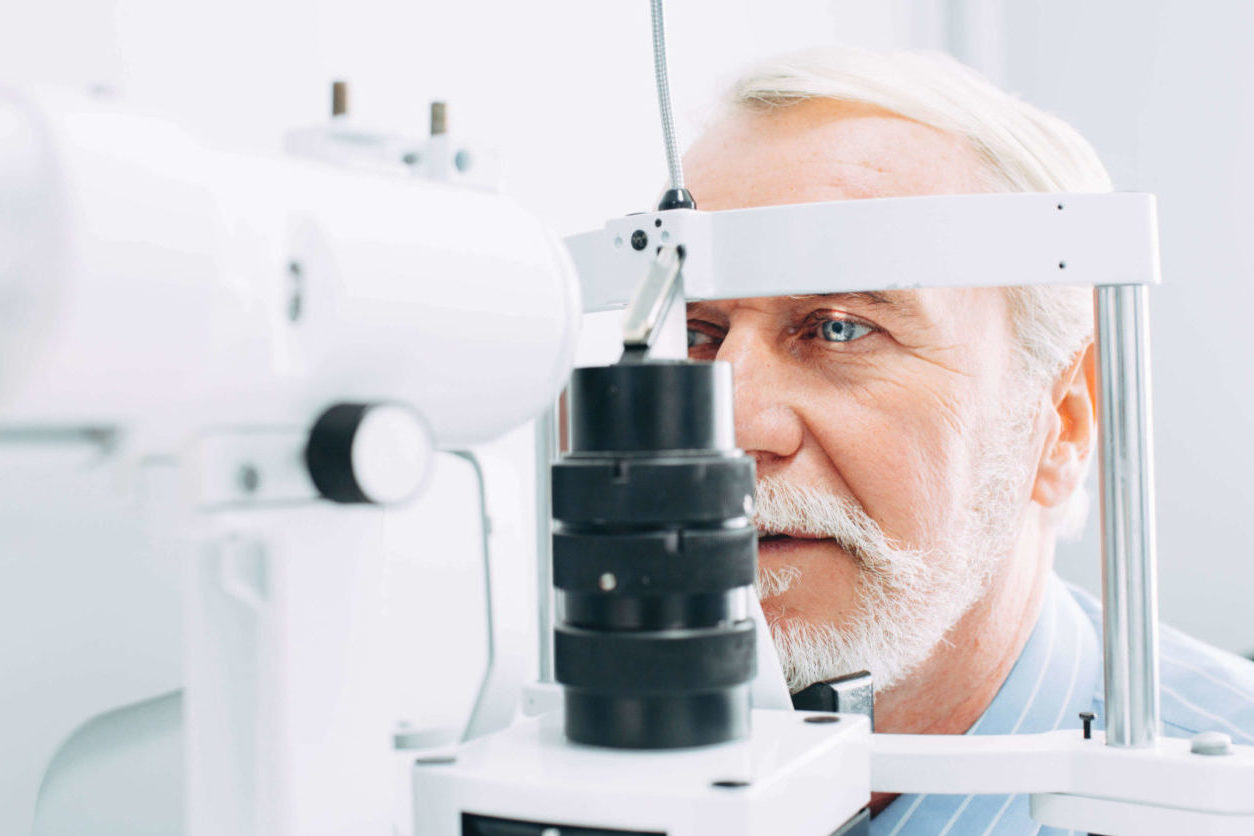
We often take our sight for granted, but conditions like cataracts can arise and impair our vision unless we take action.
If you’re in doubt, it’s best to arrange a consultation, particularly if you have risk factors such as diabetes and a family history of cataracts.
Do I need cataract surgery?
Cataracts are usually noticed after the ages of 60. You can be alerted to them by symptoms such as;
- Hazy or cloudy vision
- Difficulty driving at night
- Sensitivity to glare and light
- Frequent changes to the prescription of your current glasses
- You may also notice deterioration in your distance vision at far, near or both distances.
The benefits of Cataract surgery
Cataract surgery will improve your outlook on life – literally – because cataracts are located in the lens through which we view the world. A cataract is the clouding of the lens of the eye. This should be clear, but if the clouding is dense enough, your vision will be affected, and the clarity and brightness of objects around you will decrease. A cataract operation will restore this. It is the most commonly performed eye procedure in Australia and all over the world.
While cataract surgery dates back centuries, the methodology has evolved to deploy the use of Laser to augment the precision and safety profile of the surgery.
What does Cataract surgery involve?
A cataract procedure is performed with local anaesthesia and intravenous ‘Twilight’ sedation.
The procedure for cataract surgery is pain-free and only takes about 20 minutes. It requires the removal and replacement of the cloudy lens.
The operation involves a micro-incision at the side of the cornea where your surgeon will remove the cataract. This incision heals overnight.
Once the lens is removed, an artificial lens is inserted to restore your vision. The new lens is called an Intraocular lens or IOL. We’ll guide you through the choice of IOLs – These include monofocal, multifocal and extended depth of focus lenses.
You’ll spend 2.5 to 3 hours at the facility on the day and will require someone to pick you up. As part of our thorough process, our nurses will assess you, and once they are happy with your recovery, you will be given a detailed set of instructions and discharged from the hospital. You will have a follow up the next day and will be examined at the clinic.
Cataract surgery recovery
In most cases, recovery from cataract surgery is short, with our patients experiencing much clearer vision the next day. In other cases, vision is restored within a few days. With our specialised and expert approach, we treat each case individually and go through the process and recovery with you to ensure your peace of mind.
Many questions arise about what to expect after surgery. First and foremost, you will need to use eye drops over four weeks after the operation to prevent infection, inflammation and facilitate healing.
In terms of your glasses, the immediate results will be a much better sight at a distance of your choosing and your old glasses will no longer work after the operation.
As the implanted IOLs are so clear, albeit they have in-built UV protection, we still recommend our patients wear sunglasses when outdoors for comfort and maximum UV protection.
At home, you should be able to do light housework and watch TV within a day. However, it’s best to avoid water in the eyes for one week and swimming for two weeks to avoid any germs that could cause an eye infection.






